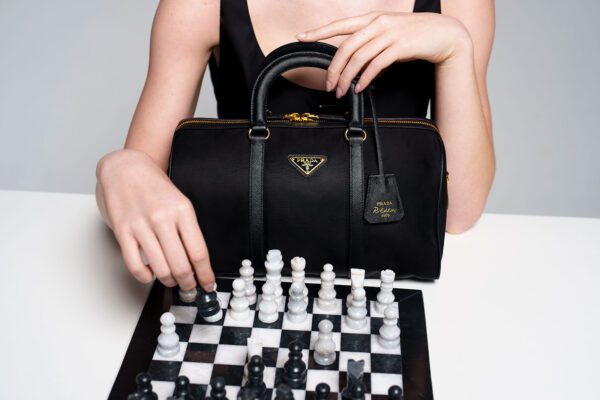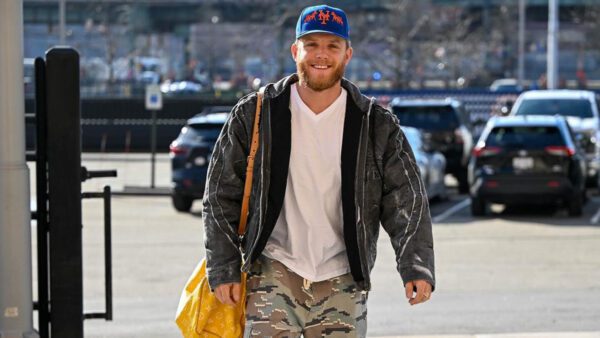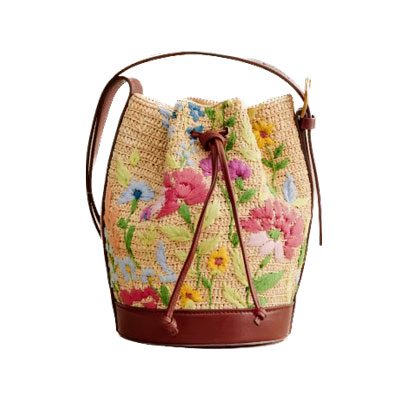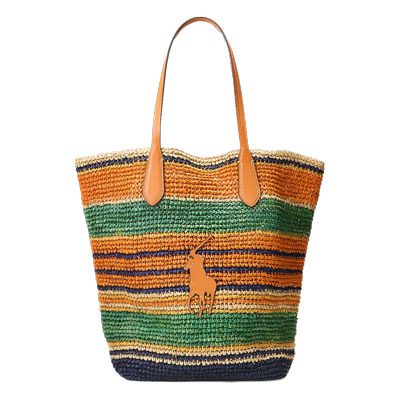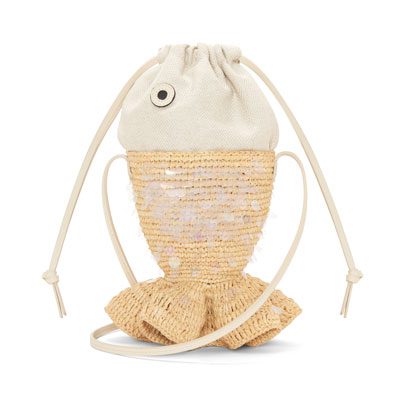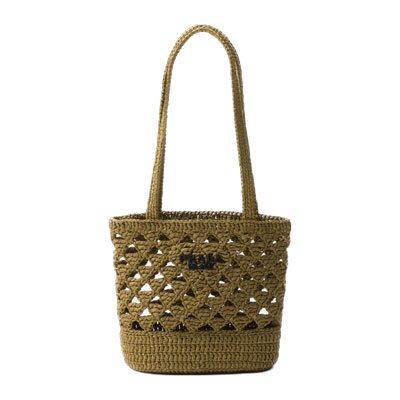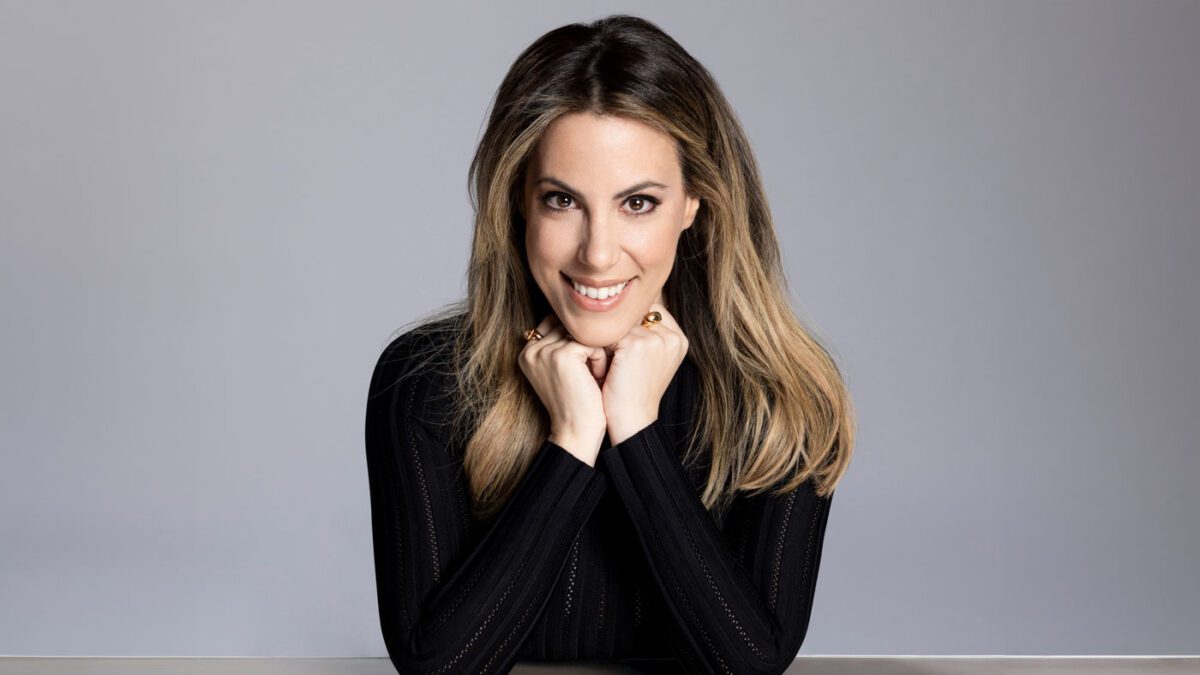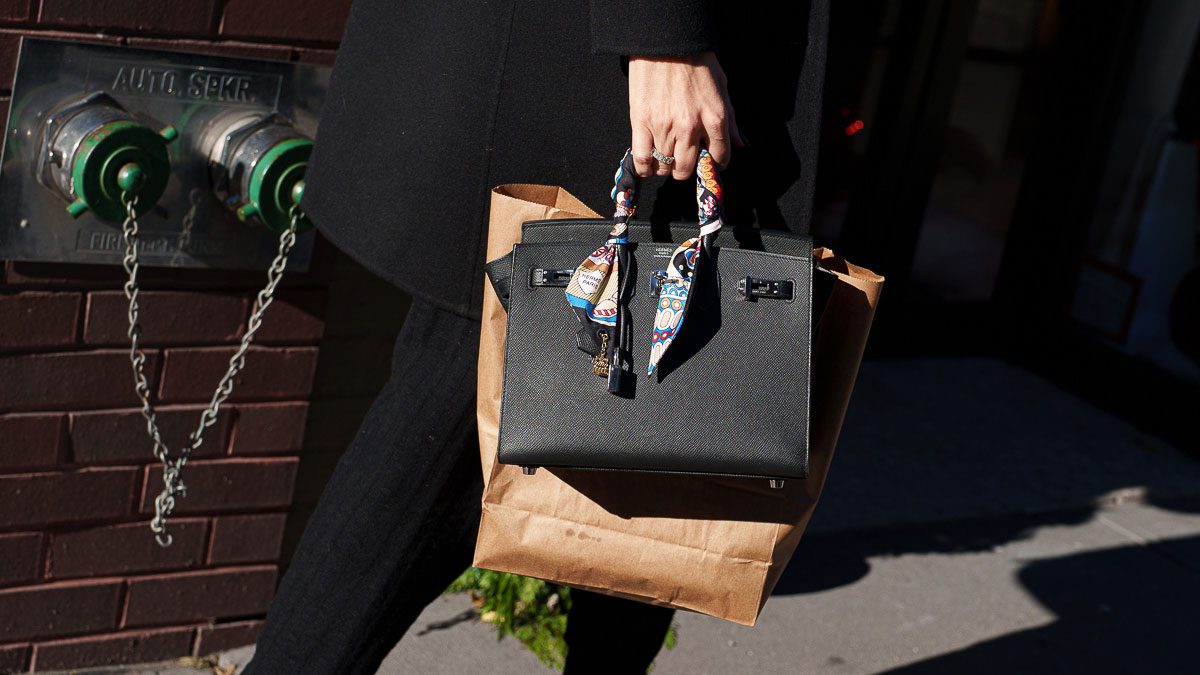Late last week, Women’s Wear Daily reported that Reed Krakoff would suspend operations while in pursuit of new investment to keep the line afloat. While the news itself is a surprise, it’s not shocking that something was up at Krakoff’s company; it’s the third young, well-known brand in the past several months to either partially or completely shut down. There’s a reason for that: shoppers just aren’t buying ready-made “lifestyle brand” marketing.
With this news, Krakoff joins the somewhat inauspicious ranks of C. Wonder and Kate Spade Saturday; C.Wonder shut down its operations completely in February, liquidating its inventory and closing all its stores. Some thought the brand might survive as a wholesale business, but owner Chris Burch chose to try his luck elsewhere. Kate Spade Saturday also closed its stores, but for now, it plans to have a home within the existing Kate Spade website and retail stores.
With both of those brands, and now with Krakoff, at least part of the problem seems clear: Fashion customers are too savvy to buy into a ready-made “lifestyle brand” story when the brand has not already demonstrated its value and proficiency in some way first. Going full speed ahead into accessories, shoes, jewelry, frangrance, ready-to-wear and handbags (and in C. Wonder’s case, home decor) is too much, all at once, and all the unpleasant seams of fashion marketing show. The customer recognizes that she is being sold something and simply doesn’t know why she should care, and brands are doing a bad job of proving their case.
On the opposite end of the spectrum, we have young success stories like Mansur Gavriel, Edie Parker and Charlotte Olympia. All three started out with a very specific, narrow line of products (minimalist leather bags in neutral colors, bright acrylic clutches and whimsical footwear, respectively), and once customers responded positively, then each brand started to extend its reach in careful, well-planned, relatively conservative ways. So far, each brand has done a strong job of retaining its first fans while building its customer base and business.
The approaches taken by each of these sets of brands are at opposite extremes of the spectrum, and at this point, the savvier of the two is clear. Fashion customers won’t just buy anything put in front of them with a slick logo and a promise of luxury, and even in the case of Reed Krakoff, where many of the products were top-notch and the designer was an indsutry vet, a slower burn likely would have yielded a healthier business, in the long term. You have to let the customers come to you.
There’s a bit of hope for Reed, though. WWD reports that there’s still product in the pipelines and although the brand is closing its Madison Avenue store in the next few weeks, it will continue to operate its Soho store, Woodbury Commons outlet and its website for as long as possible–the hope is that the brand will be able to find new investment quickly and then pivot to a more “accessible luxury” model. It’s a market that Krakoff knows well, as the longtime creative director of Coach, and one that we hope he’ll be returning to with new funding soon.
When and if Krakoff resurrects itself as a brand, though, we hope it will be with a more measured approach. Customers have always been excited about his bags, if our comments section is any indication–we hope he will start there.


